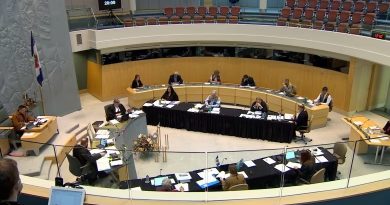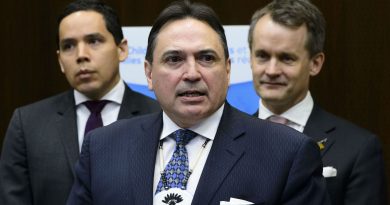Canada’s Inuit could be disproportionally affected by coronavirus, says national organization
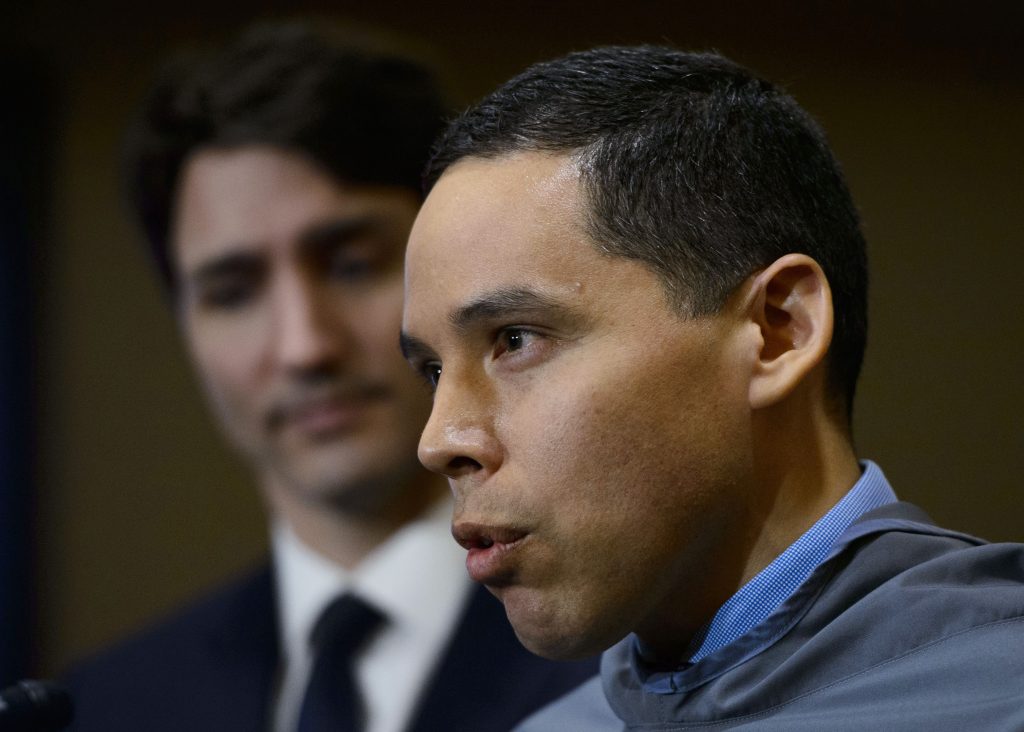
“Inuit are a high-risk group in general for respiratory infections, including tuberculosis,” Inuit Tapiriit Kanatami said in a statement. “Long-standing social and economic inequities mean that Inuit communities could be disproportionately affected by COVID-19 and should be a priority for allocation of resources.”
Even the relative isolation of Inuit communities across northern Canada will not protect them from the effects of COVID-19 if the novel coronavirus makes its way there, ITK said.
“Lack of infrastructure makes it difficult to separate the ill from the well in Inuit communities,” ITK said.
In addition, because of the lack of healthcare infrastructure in the North, Inuit must travel out their communities for most of their health care needs.
Fear of disruptions
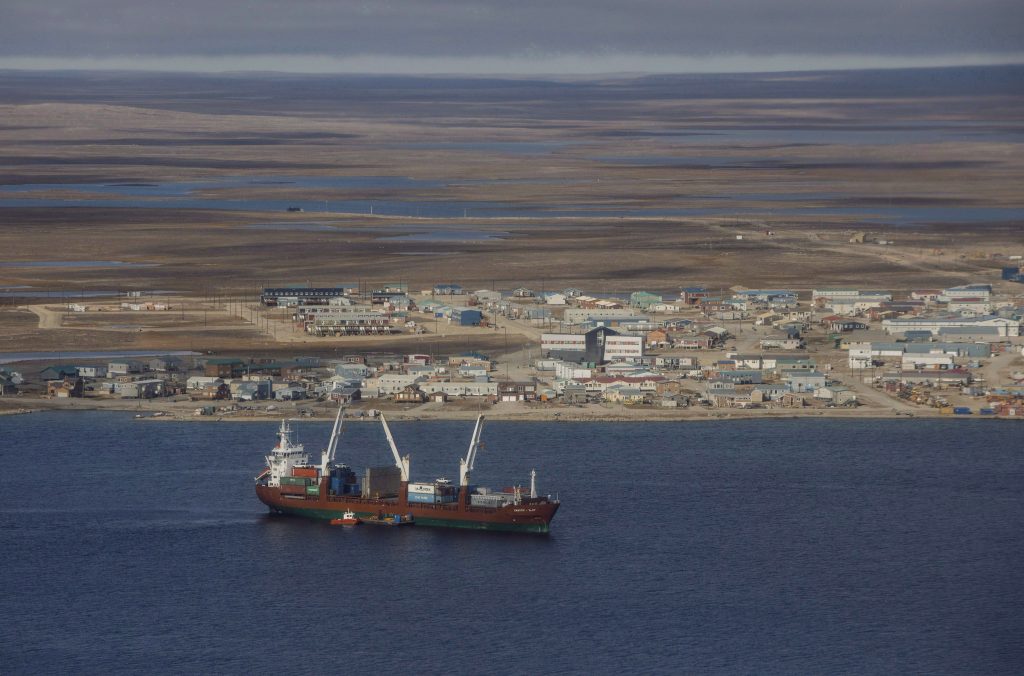
Prolonged disruptions in travel could have severe detrimental effects on the health, economy and wellbeing of the community and community members, the statement added.
“Response planning at a national level must also consider the impact of poverty in already vulnerable communities, and the inability of most Inuit families to stock up on basic goods,” ITK said.
“The high dependence of Inuit communities on limited routes for provisions makes them vulnerable to shortages of crucial items if a high degree of disease transmission in the south causes transport delays or shortages.”
The ITK called on the federal government to clarify how much of the $1 billion emergency funding announced by Ottawa will be allocated to support Inuit-specific COVID-19 prevention and mitigation measures.
The national Inuit organization also wants to make sure that Minister of Indigenous Services Marc Miller becomes “a full participant in the Cabinet committee on COVID-19,” ITK said.
ITK President Natan Obed is expected to discuss his concerns related to the federal COVID-19 response with Prime Minister Justin Trudeau later this week, the statement said.
Officials at Miller’s office did not respond to Radio Canada International’s request for comment in time for publication.
Opposition member questions plans to deploy emergency tents
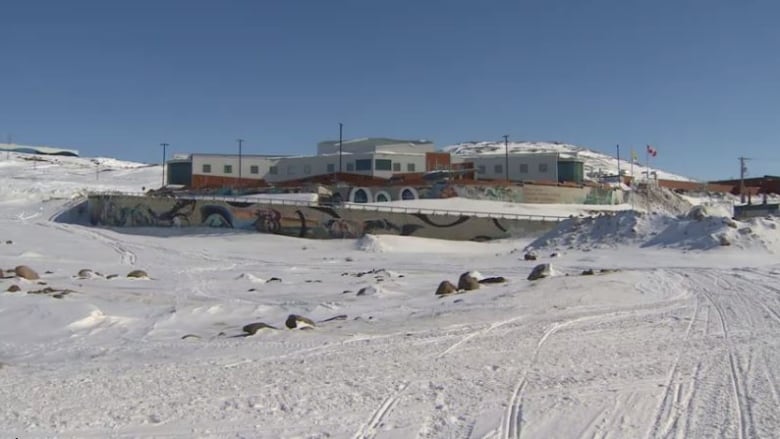
Valerie Gideon, senior deputy minister for the First Nations and Inuit Health Branch of the Public Health Agency of Canada, told CBC News that the government is looking into the possible use of isolation tents and temporary shelters to deal with a possible outbreak of COVID-19 in remote Indigenous communities.
The tents and shelters would be used in communities that lack adequate infrastructure to deal with the virus.
“We are looking to procure some of these tents in order to be able to deploy them as rapidly as needed,” Gideon told the CBC’s Olivia Stefanovich.
These temporary shelters would house both people who need to self-isolate and health workers who may be sent to the Indigenous communities.
New Democratic Party Member of Parliament Niki Ashton, whose riding includes several northern Manitoba First Nations, insists that the government needs to rethink its approach, arguing that the medical tents won’t meet the needs faced by northern Indigenous communities.
“Anywhere in northern Canada, for the next three months, is not the kind of climate where tents of any kind can be used for people who get sick,” Ashton told Stefanovich.
Arctic research station cancels visits to stop coronavirus spread
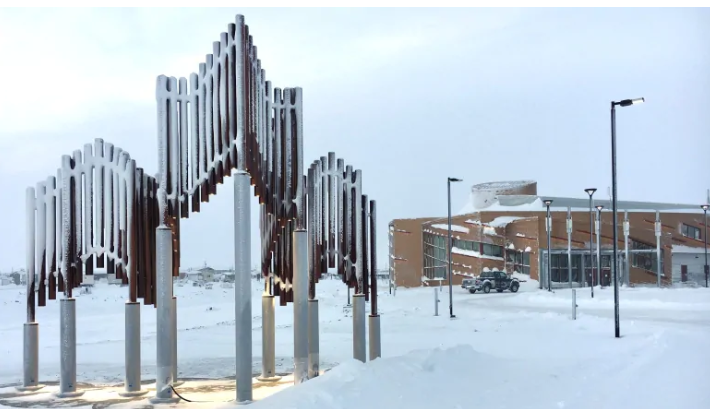
(Jimmy Thomson/CBC)
In the meantime, Polar Knowledge Canada (POLAR) announced Friday several preventive measures in response to the COVID-19 outbreak to limit the risk of the virus reaching and spreading in the isolated Inuit communities.
POLAR president and CEO David J. Scott, said the federal science agency is cancelling all planned visits to the Canadian High Arctic Research Station (CHARS) campus, which is located in the Inuit hamlet of Cambridge Bay in Nunavut.
“These preventive measures are focused on protecting POLAR’s employees and Cambridge Bay residents by limiting the number of outside visitors to the CHARS campus and implementing additional public health measures within the agency,” Scott said in a statement.
As of Friday, Canada had 157 confirmed cases of the COVID-19, Public Health Agency of Canada said.
Related stories from around the North:
Canada: Global Inuit group voices concern about coronavirus impact on Arctic communities, Radio Canada International
Finland: Finland’s first coronavirus case confirmed in Lapland, Yle News
Norway: Norway cancels NATO Arctic military exercise due to coronavirus outbreak, The Independent Barents Observer
United States: Alaska’s drug problem worsening as police resources strained, Alaska Public Media

